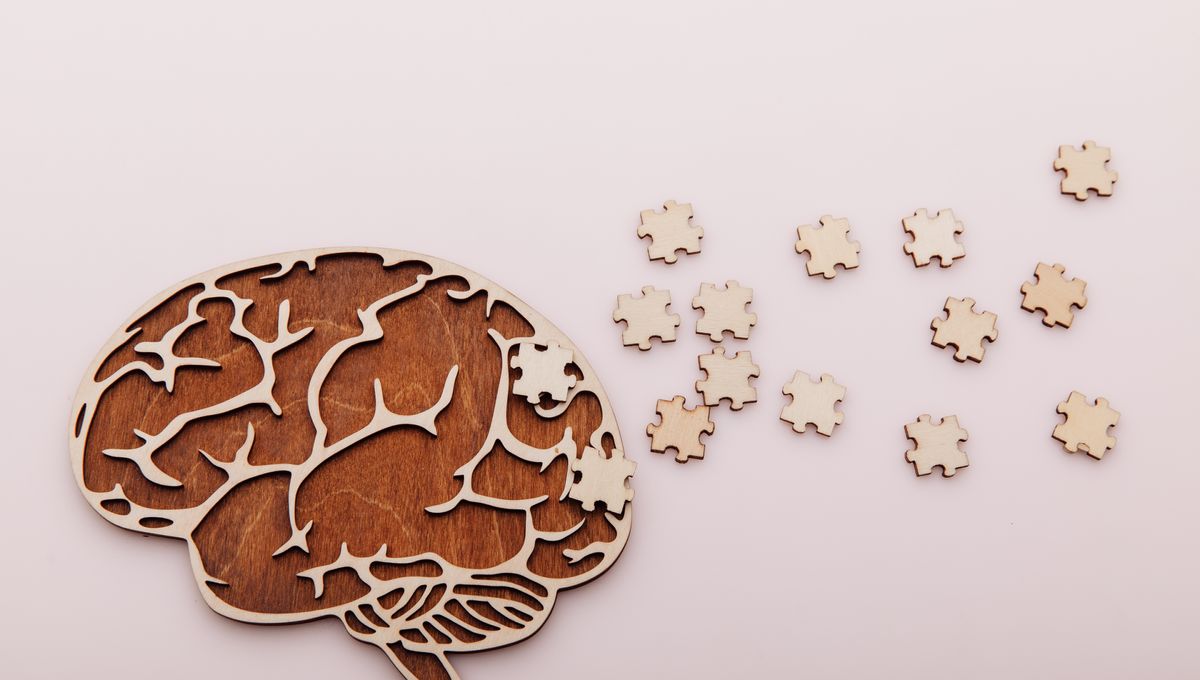
A 19-year-old man from China has become the world’s youngest patient to be diagnosed with probable Alzheimer’s disease, according to a new case report. The patient experienced memory loss and problems concentrating at school for a period of two years, and doctors examining him concluded that he fit the diagnostic criteria for the disease, which most often occurs in people over the age of 65.
The patient’s family in this case had no history of Alzheimer’s disease, and there were no signs during his childhood that he might be at particular risk of neurological disease. However, the case report describes in vivid detail the impact that his memory difficulties began to have on him in the year before he was diagnosed.
“He could not recall events from just one day prior or the places of his personal belongings. He also had difficulty reading and reacting. […] He could not remember whether he had eaten or not […] He was unable to complete his education and had to withdraw from high school, even though he had had an above-average academic performance before beginning to experience significant cognitive decline two years prior.”
Early-onset Alzheimer’s disease, occurring in under-65s, accounts for around 5-10 percent of all cases. In the youngest patients – with symptoms beginning before the age of 30 – it’s almost always the case that a genetic mutation is to blame.
The medical team already knew that a hereditary mutation was unlikely to be the cause here, though – as previously mentioned, no one else in the patient’s family had had dementia. Researchers performed whole genome sequencing, confirming that there was no evidence of any genetic mutation that could explain the patient’s symptoms at such a young age.
A battery of other diagnostic tests was also performed. Cognitive tests, in which the patient had to listen to and repeat a series of words after either a short or long delay, found that his memory was “significantly impaired”. Brain imaging showed changes in the hippocampus and temporal lobe, and samples of the patient’s cerebrospinal fluid (CSF) had elevated levels of biomarkers associated with Alzheimer’s disease.
One thing that the tests did not find, however, was the characteristic plaques of amyloid-β protein and tangles of tau protein that are hallmarks of Alzheimer’s disease in the brain. The medics discuss why this might be the case, suggesting that the patient’s age may have protected him from the buildup of pathological proteins: “As the patient was very young, his rapid metabolism may have compromised the production of [amyloid-β], resulting in less amyloid deposition in the brain.”
As for tau, the authors point to the fact that elevated tau in the CSF, which the patient did have, tends to precede the formation of tau tangles in the brain. “Therefore,” the authors write, “the negative [imaging] result in our patient was not the reason for the exclusion of diagnosis.”
Another limitation of the study was that the medical team deemed the patient too young to undergo a brain biopsy, due to the invasive nature of the procedure and the risk of serious side effects. Since this test could not be performed, the authors write that the patient will need to be followed up to map the progression of the disease over the long term.
On balance, the results of all of the testing led the team to a diagnosis of probable Alzheimer’s disease – which is huge for our understanding of the pathology of a condition that has such a massive global impact.
As the study authors wrote in a statement to the South China Morning Post, “Exploring the mysteries of young people with Alzheimer’s disease may become one of the most challenging scientific questions of the future.”
The case report is published in the Journal of Alzheimer’s Disease.
Source Link: World's Youngest Alzheimer’s Disease Patient Diagnosed At 19 Years Old